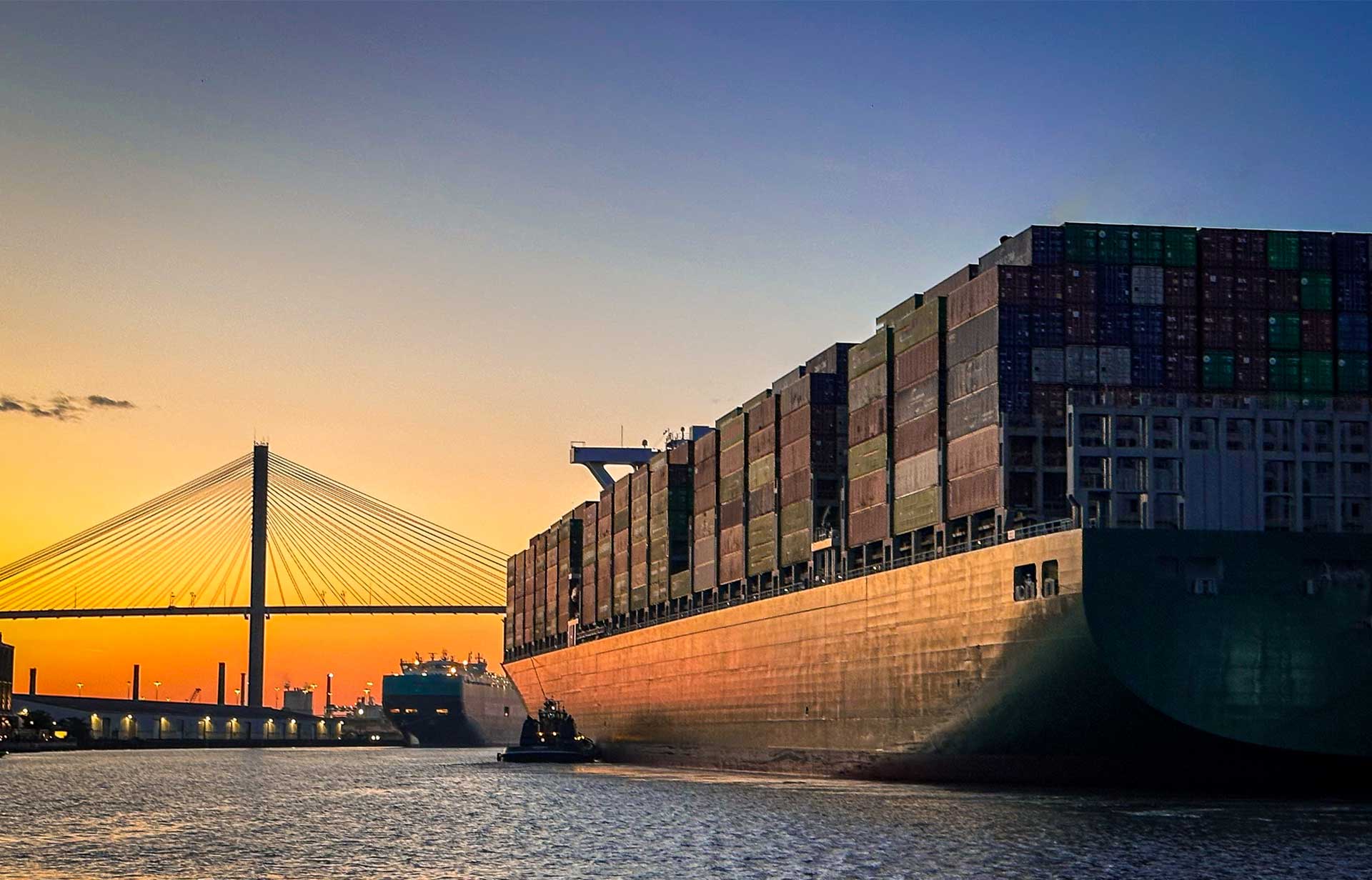
Each October, China’s export volumes traditionally dip sharply around the Golden Week holiday, with container shipping lines typically blanking sailings to align supply with the reduced demand.
And while this seasonal lull exposes the lines ability to shape market dynamics by adjusting available capacity, this year’s planned reductions remain far below historical averages.
For 2025, scheduled vessel capacity during Golden Week and the following three weeks remains considerably higher than in past years. On the Asia–North America east coast trade, capacity for the holiday period is up by nearly a fifth year on year. Analysts calculate that to match last year’s discipline, at least seven additional sailings would need to be cancelled, while from Asia–North Europe, ten more blankings would be required to bring reductions in line with historical averages.
On the Asia–North Europe trade, weekly deployment is more than 20% above 2024 levels and over a quarter higher than the pre-pandemic average. Yet, only 2.7% of capacity has been withdrawn. By comparison, 14–15% was routinely removed during previous Golden Weeks.
With just weeks to go, the number of announced blank sailings remains well short of what would normally be expected. However, past behaviour suggests further cancellations will come at the last minute, once carriers have a clearer picture of booking strength.
Why blank sailings matter
Rates move with supply and demand, and with demand largely outside carriers’ control, supply manipulation becomes their critical lever. Blanking sailings during Golden Week prevents surplus slots from flooding the market, stabilising rates that would otherwise slide. Even modest cuts that push supply below demand can enhance carrier prices by double-digit percentages.
This explains why blank sailings remain one of the most widely used capacity management tactics. Unlike parking whole services, which ties up valuable ultra-large vessels, blankings allow lines to fine-tune deployment in real time and reverse decisions quickly when demand recovers.
Beyond blank sailings, carriers deploy a range of strategies to manage surplus capacity.
- Slow steaming: Extending transit times absorbs tonnage and redistributes ships across trades.
- Tiered pricing: Adjusting surcharges for faster or riskier routings influences shipper preferences while extracting more value.
- Scrapping or idling: Retiring older ships or sidelining tonnage provides a more permanent solution, though carriers are often reluctant to take such steps with newer assets.
Each measure has limitations, but together they form a toolkit that allows lines to react dynamically to shifting market conditions.
This year’s Golden Week period is shaping up to be a live demonstration of how carriers balance the need to keep vessels moving against the imperative to prevent rates from collapsing. With planned capacity cuts well below historical levels, last-minute blankings are almost certain.
The global sea freight market continues to adjust to shifting demand and capacity changes. With significant change underway, now is the ideal time to review your ocean freight strategy to ensure continuity and flexibility.
As Golden Week approaches, bringing the usual surge in bookings and capacity constraints, Global Forwarding can support you with tailored solutions that keep your supply chain resilient and competitive.
Contact our team today to secure space, manage costs, and keep your cargo moving smoothly through the busiest periods of the year.





